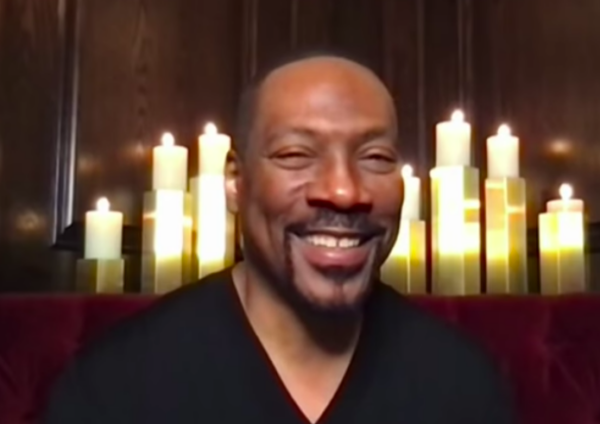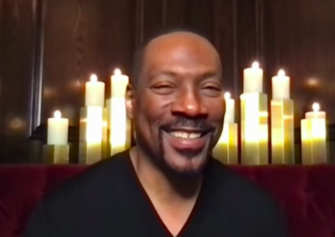Singer extraordinaire James Brown might have died with his empire in disarray, but it wasn’t due to a lack of business acumen or millions in the bank. Instead, his downfall might be attributed to his old-school approach to money management, one that led him to battle the IRS, shelling out eight figures to settle his tax troubles.

Born to a sharecropper, Brown never fully trusted the system with his Benjamins, especially Uncle Sam. He believed in beating the odds, a sentiment rooted in his understanding of how the system historically exploited Black people. This distrust of traditional financial institutions led him to offer unconventional advice on wealth preservation — advice he shared with others.
Comedian Eddie Murphy, who has since amassed an estimated net worth of $200 million, was one of the recipients of Brown’s financial advice. After critiquing Murphy’s raunchy comedy routines, Brown shared a tip that stuck with the young comedian, at least as a memory.
James Brown’s Advice
During a 2011 appearance on “The Tonight Show with Jimmy Fallon,” Murphy recounted his first meeting with the legend.
According to Murphy, he visited Brown backstage, where the singer, in curlers that kept up his signature coiffed hair, told him to stash his money away from the IRS in an unorthodox location.
“He said, ‘Hey, Murphy, when you start working clean?’” Murphy recalled, puzzled.
After a brief exchange, Brown dropped his financial advice, “You gotta make sure you get your money. … Any money you got, bury it in the woods.”
“The government’s gonna take your money if you have in the bank,” he supposedly told the young Murphy. “The government will take your money. You get you a piece of land, you bury that money in the woods.”
Confused, Murphy asked, “But can’t the government take your land?” Without hesitation, Brown replied, “Well, they won’t know where the money is.”
This conversation revealed a glimpse of the Godfather of Soul’s financial strategy, one rooted in distrust and secrecy.
At his peak, the “Hardest-Working Man in Show Business” earned an estimated $80 million a year, with songwriting credits on a catalog of 750 songs spanning over 50 years. Yet, by the time of his death on Christmas Day 2006, Brown’s financial situation had deteriorated significantly. His advice to Murphy may have been a reflection of his own practices, which ultimately led to his financial decline.
“It could be very hard to guess how much James Brown has made and lost over the years,” said Bob Young, a former Augusta mayor and was a friend of Brown said to the Atlanta Journal-Constitution a few days after his death.
Throughout his life, Brown grappled with significant legal issues, particularly with the IRS. His tax troubles began in 1969 when he owed $4.5 million.
The debt ballooned to $17.5 million before a deal was struck in the early 1980s to clear it, according to Fred Daviss, Brown’s comptroller for 16 years.
By 1998, Brown paid more than $6 million in back taxes, with much of it dating back to the early 1970s. However, his tax woes didn’t end there. By the time of his death, he had paid a total of $28 million to the IRS.
Despite these challenges, Brown’s estate was estimated to be worth anywhere from $5 million to $100 million by the time a complicated fight over it was settled in 2021, The Associated Press reported.
His music rights and other assets were eventually sold to Primary Wave, which has since considered turning his home, possibly one of those pieces of land that he buried money in, into a tourist destination akin to Elvis’ Graceland.
If it is one of those homes that served as his personal and unconventional banks, hopefully, someone knew where the star buried money on the property’s woods and digs it up before breaking ground.



